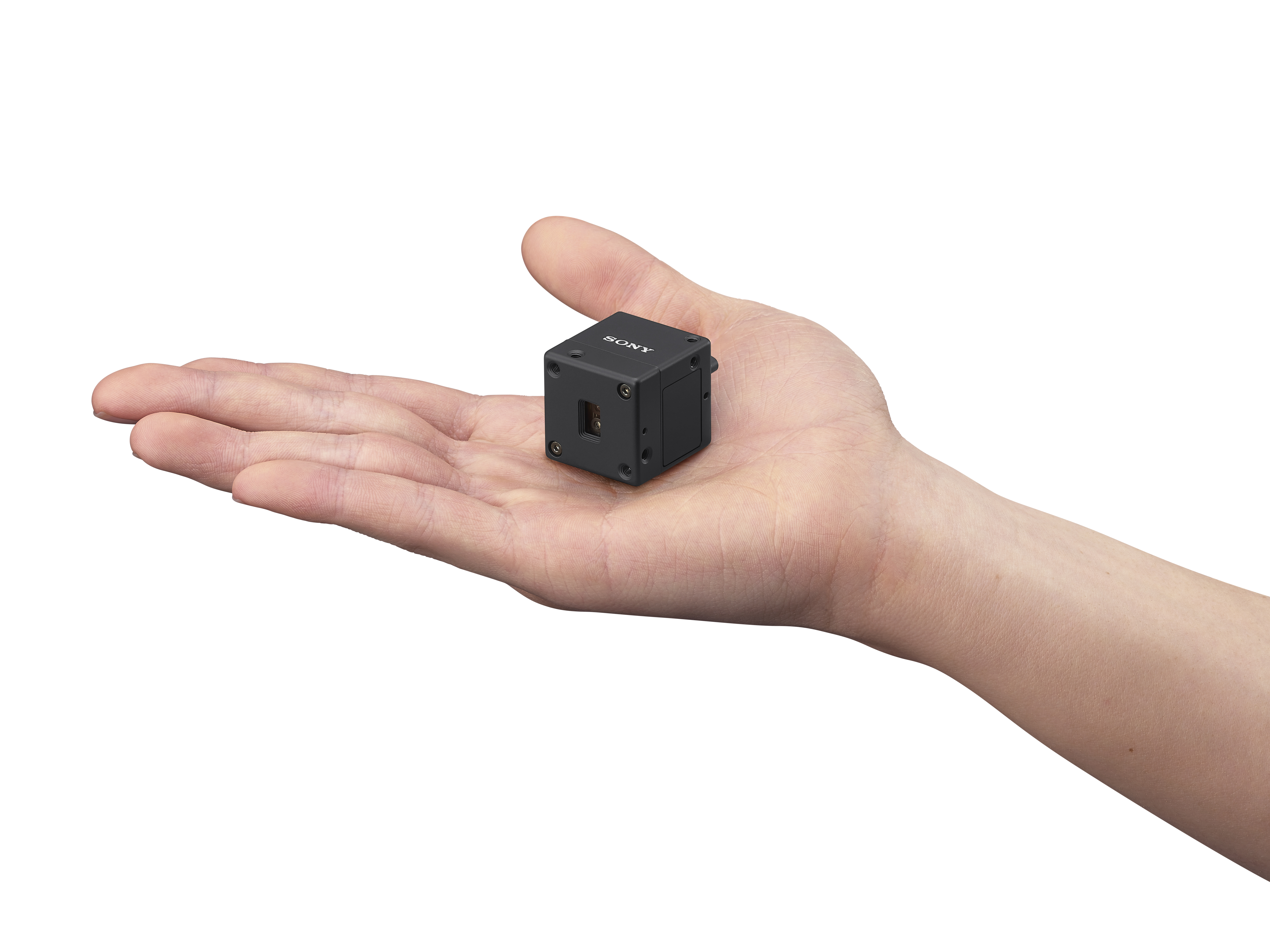FCC Launches D Block Do-Over
The FCC is really big on an interoperable public safety network that's nationwide.
Others, like the New York Police Department and the Democratic leadership of the House Commerce Committee, want to at least look at a regional approach.
Wireless companies, which might end up building such a network, want to make sure they don't get sandbagged by the specs of such a system later. And groups that fight government spending are wary of profiteers soaking consumers on the deal.
Sept. 25, the FCC took another stab at getting some money for the spectrum and getting the police some radios, proposing a new auction.
Earlier this year, the FCC failed to get the minimum $1.3 billion bid for the D Block, the final piece of analog TV spectrum up for auction. Potential bidders were scared away by the uncertain buildout requirements that a new board would be empowered to demand.
The latest proposal from the FCC reduced that minimum bid to $750 million and keeps in place FCC Chairman Kevin Martin's vision of a public/private partnership for the D Block. It asks for comment on, among other things, the obligations of the licensees. It envisions a nonprofit Public Safety Broadband Licensee and requests comment on its role.
The proposal claims competitive bidding, based on greatest population coverage and highest bid or bids, would license the spectrum to a single licensee on a nationwide basis or to regional licensees on the basis of 58 public safety regions, the FCC said.
Democratic Commissioner Jonathan Adelstein found many elements of the proposals vague or problematic, including the resurrection of the public-private partnership plan.
"I remain concerned that our proposed rules are not buttressed by sound outside expert advice on the myriad of highly complex technical and cost issues presented," Adelstein said. "For example, the item before us contains no analysis of the cost of building out the alternative approaches, the value of the spectrum, or revenue projections based on the prices we assume here. It would appear that some of the numbers that are suggested are based on educated guesses as opposed to solid evaluations based on independent expert analysis."
He also complained that no analysis seemed to lead to the $750 million minimum bid figure, especially in the middle of a credit crisis.
"I would have preferred to see much of the amount that will go to the minimum bid go to building out the network rather than paying for the spectrum," he said. "Our first priority should be helping our first responders, not raising money."
U.S. Reps. John Dingell, D-Mich., chairman of the House Commerce Committee, and Ed Markey, D-Mass, chairman of the Telecommunications and Internet Subcommittee, told Martin in a letter that the public should have longer to comment on the proposal—at least 45 days for comments (plus 15 for replies) compared to the fast schedules of 14 days for comment and seven for replies.
"In addition, we are concerned about reports that the item, as drafted, indicates a strong preference for a national license, even where regional bidders may have offered significantly more money for the right to use the spectrum," the lawmakers wrote. "While it may be that the commission will ultimately award a national license, we believe the commission should fully consider the merits of regional licensing, on the condition that regional networks are interoperable and should be wary of weighting the playing field toward a nationwide license."
It's clear Martin wants a national licensee, not regional licensees; the press release announcing the proposal said the partnership "will maximize the public safety and commercial benefits of a nationwide, interoperable broadband network in the 700 MHz band."
In the FCC vision, public safety entities would be able to communicate outside of their home regions.
The FCC proposal would provide the winning bidder or bidders with 15-year licenses with performance benchmarks at the fourth, 10th and 15th years.
The proposal includes the creation of a 10 MHz license in the D Block to be part of a public/private partnership with the adjacent 10 MHz dedicated to a Public Safety Broadband License.
In the public/private partnership, the private entity would build out a network subject to public-safety specs and lease spectrum to the public-safety users as well as to its customers.
The public comment period begins when the proposal is published in the Federal Register.
Get the TV Tech Newsletter
The professional video industry's #1 source for news, trends and product and tech information. Sign up below.
